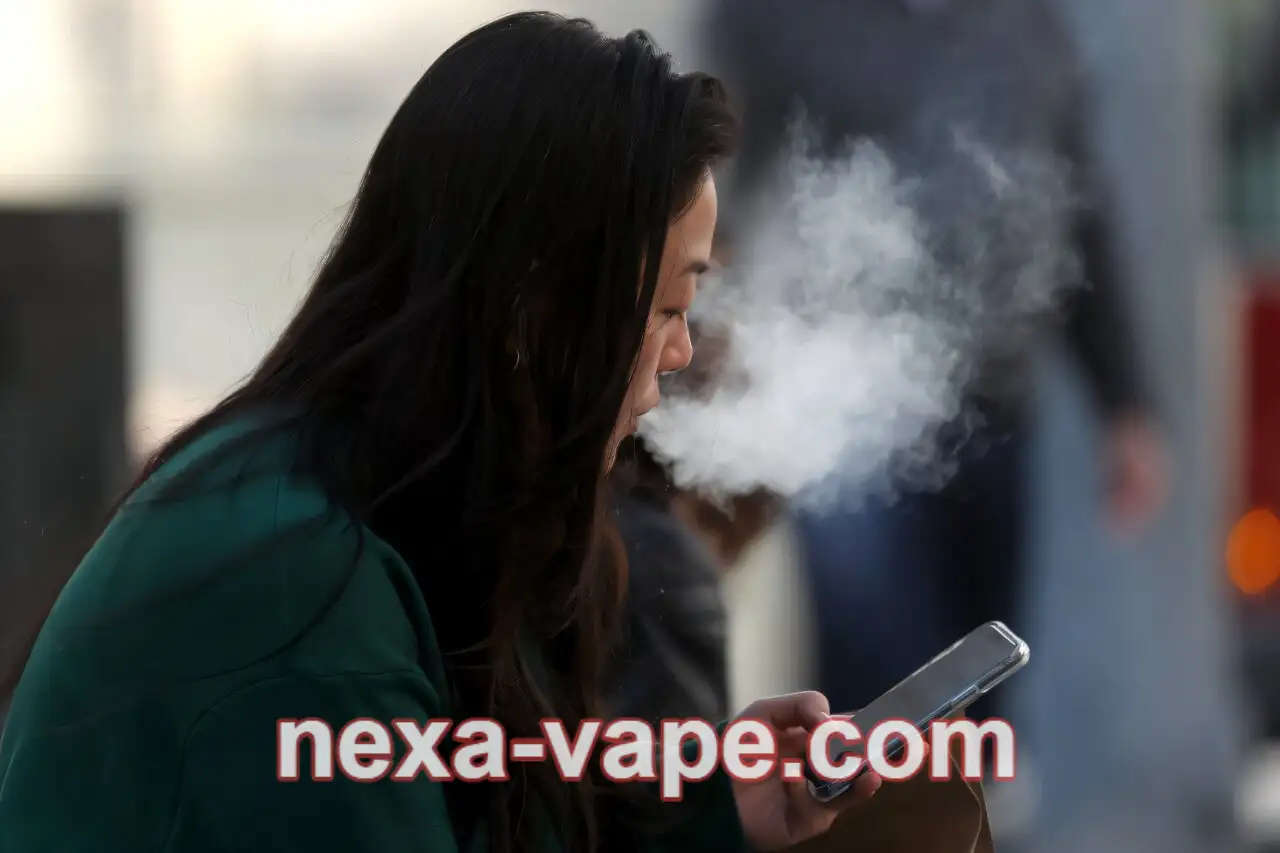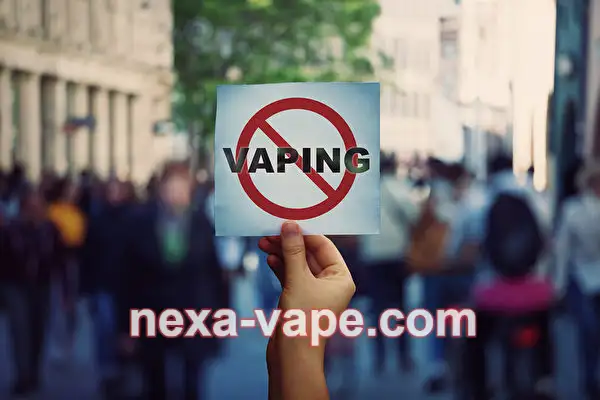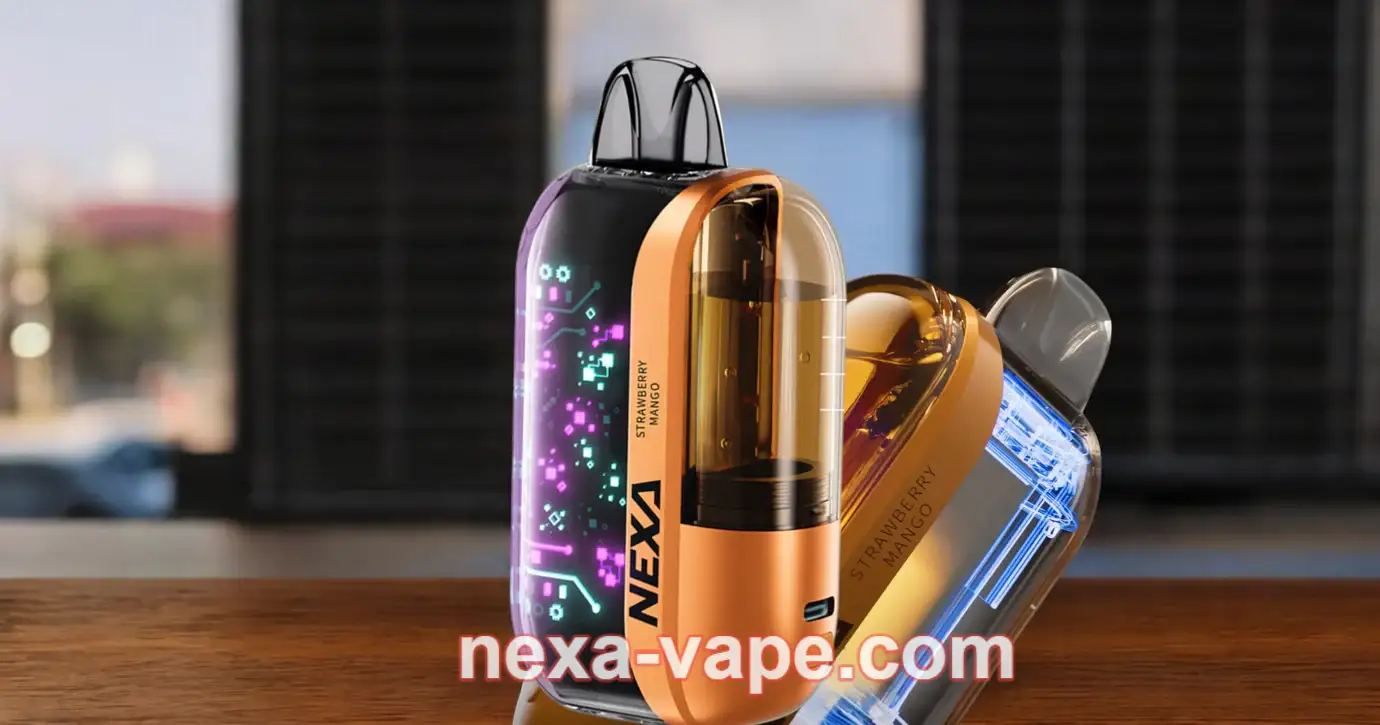Court Ruling Upholds Flavor Ban on Vapes in the Netherlands: A Look at Global Tobacco Control Measures
In a significant legal development, a Dutch court has ruled in favor of the government’s decision to ban flavored vapes, rejecting an appeal from British American Tobacco (BAT) and Nicoventures. This ruling comes at a time when the global battle over vaping regulations continues to heat up, as health experts and lawmakers worldwide take a closer look at the potential harms of flavored e-cigarettes (or vapes) and their impact on public health, particularly among young people.
The Netherlands Flavored Vape Ban: Legal Victory for Public Health
The ruling from The Hague court upheld a government decision made in 2020 to ban all flavored vapes, except those that taste like tobacco. The ban was introduced with the goal of curbing the appeal of vaping products, especially sweet-tasting vapes, to minors. This move was part of broader efforts to reduce youth vaping, with the government arguing that flavored vapes serve as a “gateway” to smoking traditional cigarettes.
The court noted that the attraction of sweet and candy-like vape flavors to young people was well-documented and posed a serious risk to public health. In its ruling, the court emphasized that the government had the right to prioritize the health of its citizens, especially future generations, over the free movement of goods within the European Union. It pointed out that the "gateway effect"—where non-smokers, particularly youth, start with flavored vapes and later transition to traditional cigarettes—was a valid concern, even without the need for further scientific proof.
British American Tobacco (BAT) and Nicoventures had argued that the flavor ban disrupted the free market and hindered the flow of goods within the EU, as they claimed there was no concrete evidence that the ban would improve public health. Moreover, they warned that the ban could dissuade smokers from using vapes as a smoking cessation tool. However, the court ruled that the ban was both appropriate and proportionate, given the substantial evidence that flavored vapes are especially appealing to minors.
While this ruling may seem like a setback for the vaping industry, it sends a clear message that public health concerns, particularly when it comes to protecting young people from nicotine addiction, will take precedence over commercial interests.
Vape Industry Pushback: Can Flavored Vapes Be Stopped?
The ban on flavored vapes has faced considerable pushback from the industry, with vaping companies, especially those selling popular disposable vapes, such as the Nexa Ultra Disposable Vape, arguing that their products provide a less harmful alternative to traditional cigarettes. Nexa’s range of flavors, from tropical fruits to minty fresh options, are designed to attract adult smokers looking to quit or reduce their cigarette consumption. However, with rising concerns about the allure of these flavors to teenagers, governments are increasingly focused on tightening regulations.
There’s no denying that flavored vapes, especially those with appealing flavors like strawberry, mango, or cool mint, have skyrocketed in popularity among young users. While vaping has been heralded as a potential tool for smoking cessation for adults, it’s become a double-edged sword. A report by the Centers for Disease Control and Prevention (CDC) noted that an alarming number of high school students reported using e-cigarettes, citing flavors as a primary reason for their choice.
The question remains: can vaping companies innovate in ways that mitigate these risks? For example, Nexa Vape offers a variety of flavors that are appealing to adults, such as Nexa Ultra Disposable Vape flavors, which are designed to give smokers a satisfying alternative to cigarettes. However, with stricter regulations coming into play globally, the future of flavored vaping products remains uncertain.
The Global Response: Countries Cracking Down on Youth Vaping
The Netherlands is not alone in its efforts to curb vaping among minors. Countries across the globe are taking decisive action to protect young people from the harms of nicotine.
Greece is another country that has introduced stricter penalties for businesses that sell vapes and alcohol to minors. In response to rising concerns over the health effects of vaping on young people, Greek lawmakers have introduced a bill that increases the penalties for selling vaping products to anyone under the age of 18. Offenders could face hefty fines, potential jail time, and even have their businesses shut down. This bill is part of Greece's broader efforts to safeguard public health and prevent future generations from falling into nicotine addiction.
Meanwhile, New Zealand has taken a firm stance against the illegal sale of nicotine products, including vapes. In a recent series of prosecutions, the country fined multiple retailers for breaching tobacco and e-cigarette laws. One retailer, for example, was slapped with a fine of NZD 28,000 for selling cigars and improperly labeling and advertising tobacco products. New Zealand has made it clear that it will continue to crack down on illegal sales of vapes to minors and will keep a close watch on retailers who fail to comply with the regulations.
The United Kingdom has also introduced a new tobacco and vape bill aimed at creating a "smoke-free generation." This new law, which will be debated in Parliament later this year, includes several tough measures designed to reduce youth access to e-cigarettes. For example, the bill proposes to make it illegal for anyone under the age of 15 to purchase any form of tobacco or vaping product. Furthermore, the bill aims to ban flavored vapes in certain public spaces where minors may be present.
The UK government has made it clear that it wants to protect children from the harms of nicotine and to create a future in which smoking and vaping no longer pose a public health threat. Health Minister Wes Streeting has expressed strong support for these measures, emphasizing the need to protect young people from the dangers of nicotine addiction.
Vaping as a Tool for Smoking Cessation: A Fine Line
While governments around the world are cracking down on flavored vapes, it's important to remember that vaping still holds promise as a tool for adults looking to quit smoking. The FDA in the United States, for instance, has allowed certain flavored vapes to remain on the market, provided they meet specific public health criteria. Vapes like the Nexa Ultra Disposable Vape could potentially help adult smokers reduce their reliance on traditional cigarettes, which are known to be far more harmful due to their higher levels of tar and carcinogens.
The key to ensuring that vaping remains a viable option for smokers is to ensure that these products are marketed correctly—emphasizing their use as a smoking cessation tool for adults while preventing their appeal to younger populations. As the FDA continues to regulate e-cigarettes, it remains clear that there is a balancing act between providing harm reduction options for adult smokers and preventing the normalization of nicotine use among young people.
A Smarter Approach to Vape Regulation
As the global regulatory landscape for vaping continues to evolve, it's essential for governments, public health organizations, and the vaping industry to work together to find solutions that address both the risks and benefits of vaping. While flavored vapes like Nexa Vape offer adult smokers a less harmful alternative to traditional cigarettes, it’s equally important to ensure that these products are not marketed in ways that attract minors or lead to nicotine addiction.
One approach could be to promote responsible vaping, emphasizing the importance of adult use while curbing the accessibility of vapes to underage users. Regulatory bodies should continue to prioritize scientific research and public health concerns as they develop policies that strike a balance between harm reduction and youth protection.
As we move forward, the goal should be clear: to create a world where smoking is a thing of the past, but where those who choose to vape can do so safely and responsibly.
In conclusion, the legal victory in the Netherlands serves as a reminder that governments are increasingly committed to protecting public health, especially when it comes to safeguarding young people from nicotine addiction. With vaping regulations tightening globally, companies like Nexa Vape will need to adapt to new rules while maintaining their commitment to providing safe, enjoyable alternatives for adult smokers. The future of vaping might be uncertain, but one thing is clear: the fight to protect the next generation from the harms of nicotine will continue on all fronts.
